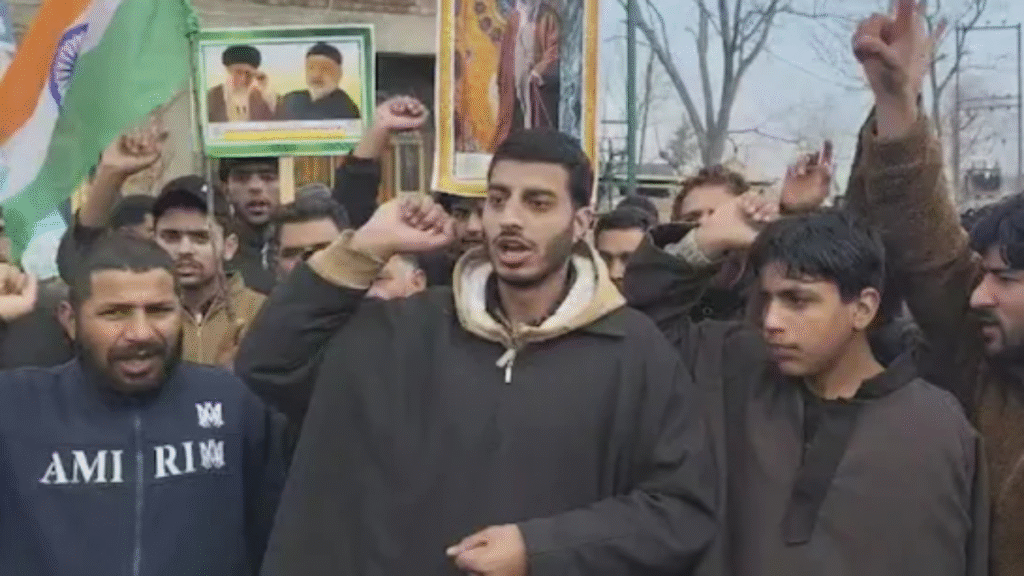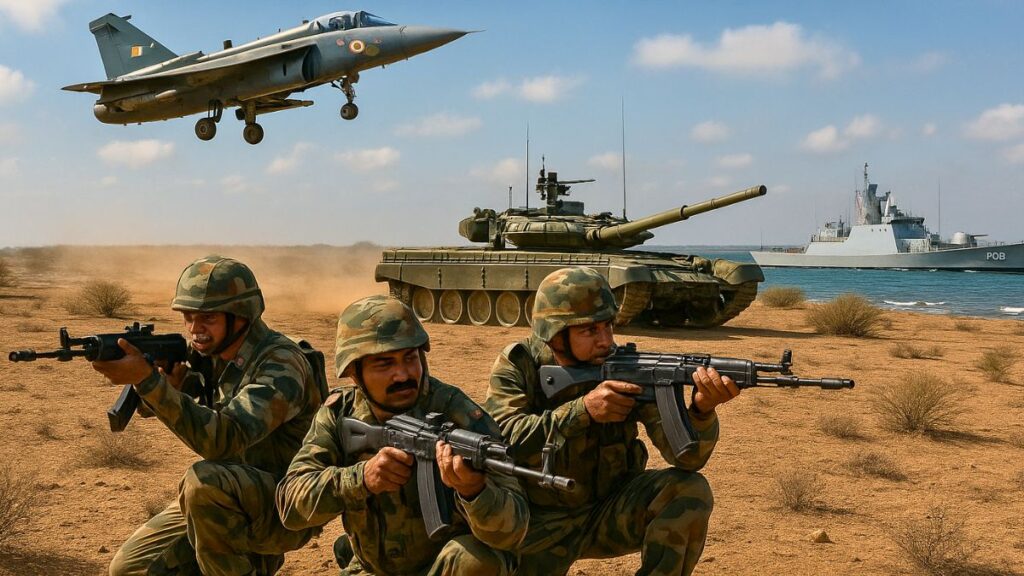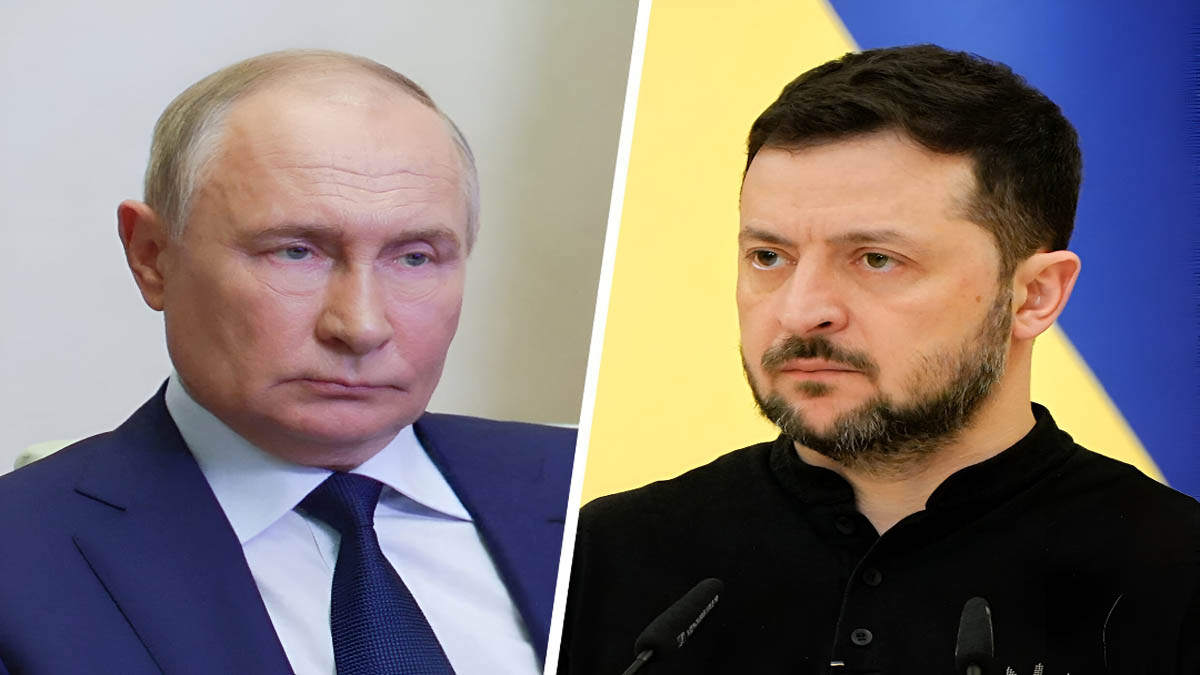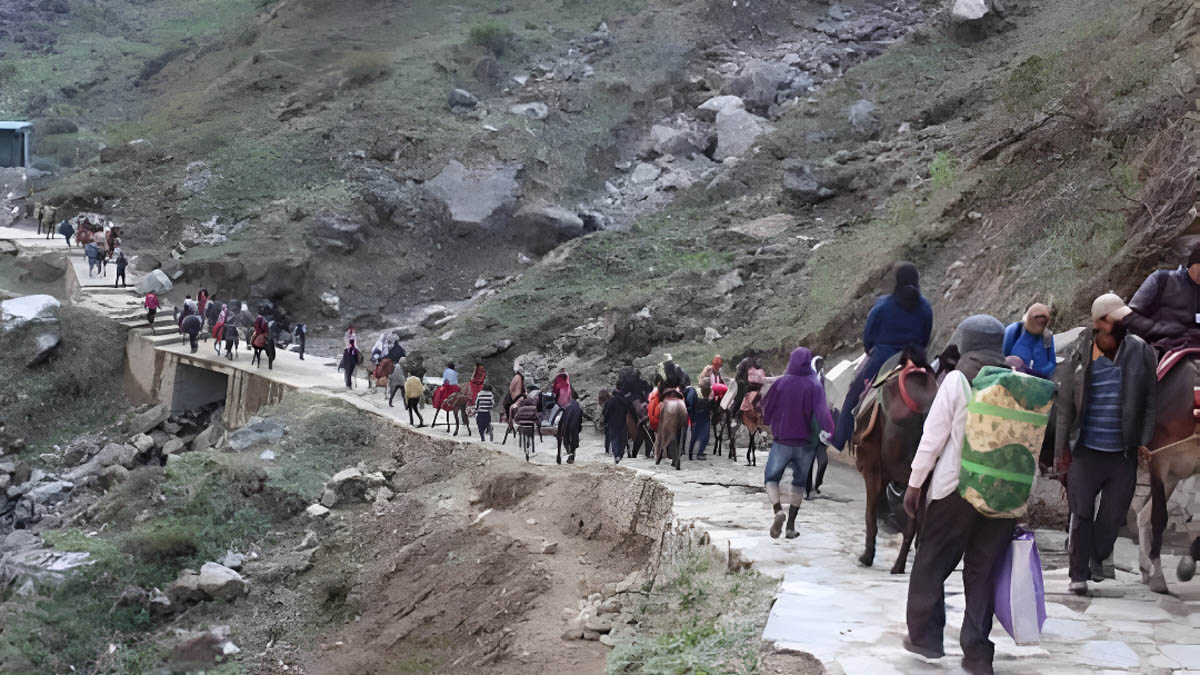Now Reading: Pakistan Urges IAEA Intervention Following Rajnath Singh’s Nuclear Posture Remarks
-
01
Pakistan Urges IAEA Intervention Following Rajnath Singh’s Nuclear Posture Remarks
Pakistan Urges IAEA Intervention Following Rajnath Singh’s Nuclear Posture Remarks
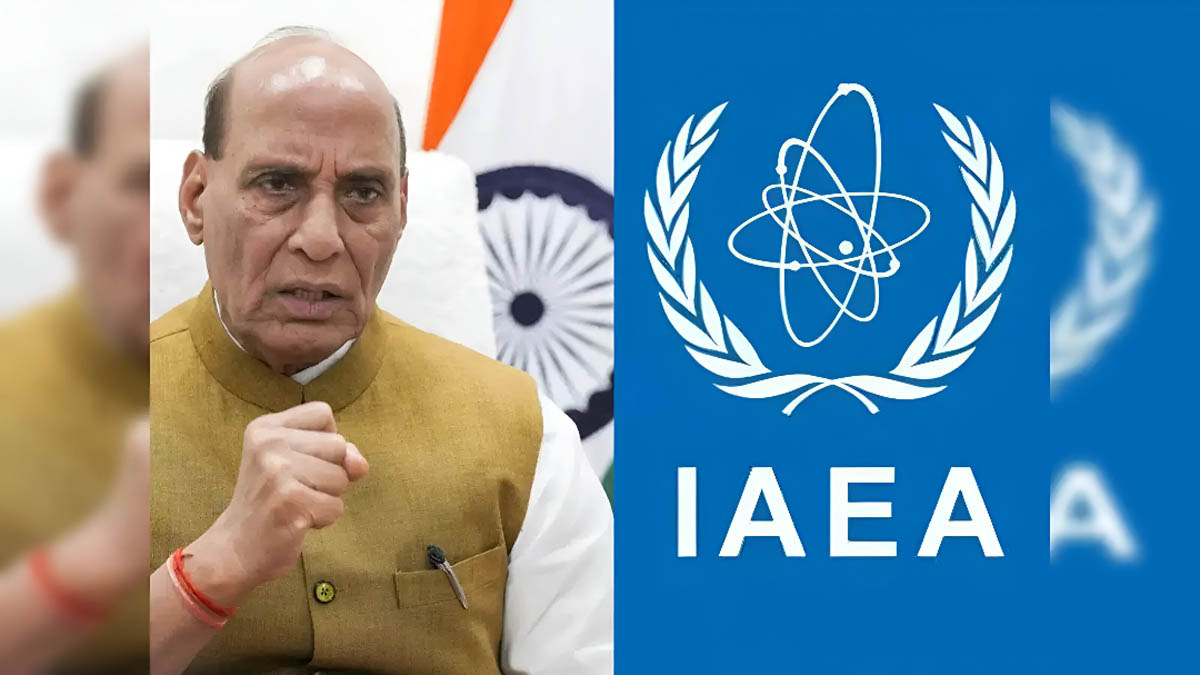
Islamabad has responded sharply to recent statements made by Indian Defence Minister Rajnath Singh regarding India’s nuclear posture, calling for the International Atomic Energy Agency (IAEA) to take immediate cognizance of the situation. Pakistani officials have expressed deep concern over Singh’s remarks, which they interpret as a potential shift in India’s declared “no first use” nuclear policy.
The controversy arose after Singh, while addressing a public gathering, hinted at a possible revision of India’s nuclear doctrine depending on future circumstances. This statement has been widely interpreted as a signal that India might be considering a preemptive nuclear strike, a departure from its long-held stance.
Pakistan’s Foreign Ministry, in a strongly worded statement, asserted that Singh’s comments represent a “serious threat” to regional stability and undermine the strategic balance in South Asia. They argued that such rhetoric could escalate tensions between the two nuclear-armed neighbors and increase the risk of a catastrophic conflict.
“We believe that these irresponsible statements necessitate urgent attention from the international community, particularly the IAEA,” a spokesperson for the Pakistani Foreign Ministry stated. “The IAEA has a crucial role in ensuring nuclear safety and security, and it must address the implications of India’s evolving nuclear posture.”
Pakistan has further emphasized that India’s nuclear ambitions, coupled with its growing military capabilities, pose a significant challenge to regional security. Officials in Islamabad have consistently voiced concerns over India’s rapid modernization of its nuclear arsenal and its development of advanced delivery systems.
The Pakistani government has called upon the IAEA to conduct a thorough assessment of India’s nuclear policies and practices, ensuring they adhere to international norms and standards. They argue that transparency and accountability are essential for maintaining strategic stability in the region.
Furthermore, Pakistan has reiterated its commitment to maintaining credible minimum deterrence and has emphasized that it will take all necessary measures to safeguard its national security. The country has also urged the international community to play a more active role in promoting dialogue and conflict resolution between India and Pakistan.
Analysts suggest that Singh’s remarks may be aimed at signaling India’s resolve in the face of perceived threats, but they also acknowledge the potential for miscalculation and escalation. The nuclear dimension of the India-Pakistan rivalry remains a critical concern for global security, and any perceived shift in nuclear doctrine can have far-reaching consequences.
The international community is now watching closely to see how the IAEA and other relevant bodies respond to Pakistan’s call for intervention. The situation underscores the need for continued dialogue and diplomatic efforts to address the complex security challenges in South Asia and prevent any inadvertent escalation.

